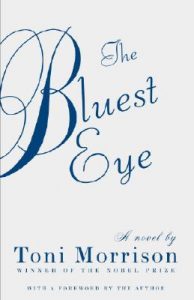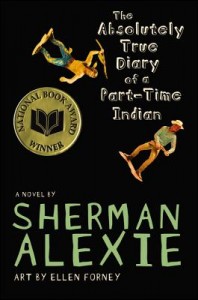 by Dave Wendelin
by Dave Wendelin
Director of NEHS
As the school year begins, teachers make countless decisions as they prepare to welcome students. Those decisions run from the way classrooms will be arranged to the scheduling of curricular units throughout the coming months. Key to the decisions about curricula, particularly for English teachers, is the selection of texts to assign students, the novels, plays, poems, short stories, and non-fiction pieces that are the centerpieces of our discipline. Teachers make those decisions by considering the students with whom they will work as well as the expectations of the unit of study, be that suggested by a national design (Advanced Placement) or a district curriculum guide.
 At times, teachers select texts that may, in the view of some, be controversial due to language used, action depicted, or thematic complexity contained. In recent months in my community, two texts that have been used extensively in high school English classes have been questioned. Toni Morrison’s The Bluest Eye and Sherman Alexie’s The Absolutely True Diary of a Part-Time Indian have been challenged by parents as inappropriate for classroom use. Morrison’s text, although used only in AP classes, has now been restricted to a library holding, available for students but not as a novel taught to a whole class; the challenge to the Alexie text continues without resolution. Interestingly, one result of the negative response to both texts is that educators have now written and posted rationales for the use of these and other texts; such rationales should be an integral part of every English teacher’s files, reflecting the decision-making that goes into the selection of particular texts for study.
At times, teachers select texts that may, in the view of some, be controversial due to language used, action depicted, or thematic complexity contained. In recent months in my community, two texts that have been used extensively in high school English classes have been questioned. Toni Morrison’s The Bluest Eye and Sherman Alexie’s The Absolutely True Diary of a Part-Time Indian have been challenged by parents as inappropriate for classroom use. Morrison’s text, although used only in AP classes, has now been restricted to a library holding, available for students but not as a novel taught to a whole class; the challenge to the Alexie text continues without resolution. Interestingly, one result of the negative response to both texts is that educators have now written and posted rationales for the use of these and other texts; such rationales should be an integral part of every English teacher’s files, reflecting the decision-making that goes into the selection of particular texts for study.
 Students should be engaged in the process of text selection and defense as well; we want all life-long readers to be informed consumers of texts, readers who investigate texts that challenge and clarify their own thinking, that open new realms of knowledge. As students are guided to read challenging and in some cases controversial texts, they begin develop their own sense of appropriateness and, we hope, become defenders of the written and spoken word. Teachers serve as role models in this development. The future needs individuals to stand for the right to read that exists in a democratic country.
Students should be engaged in the process of text selection and defense as well; we want all life-long readers to be informed consumers of texts, readers who investigate texts that challenge and clarify their own thinking, that open new realms of knowledge. As students are guided to read challenging and in some cases controversial texts, they begin develop their own sense of appropriateness and, we hope, become defenders of the written and spoken word. Teachers serve as role models in this development. The future needs individuals to stand for the right to read that exists in a democratic country.
NEHS sponsors the Intellectual Freedom Challenge each year, timed to coincide with the celebration of Banned Books Week, scheduled for September 22-28. Sophomore and junior members of National English Honor Society are invited to submit essays dealing with a text that may be perceived by some as controversial. Students are to submit essays that delineate a careful argument for the inclusion of the text for classroom study or support restricting the text in some way. Essays will be evaluated by college professors and members of the Advisory Council of NEHS; the best essays will garner monetary awards for the students and their chapters. For more information, please visit the Intellectual Freedom Challenge page.




